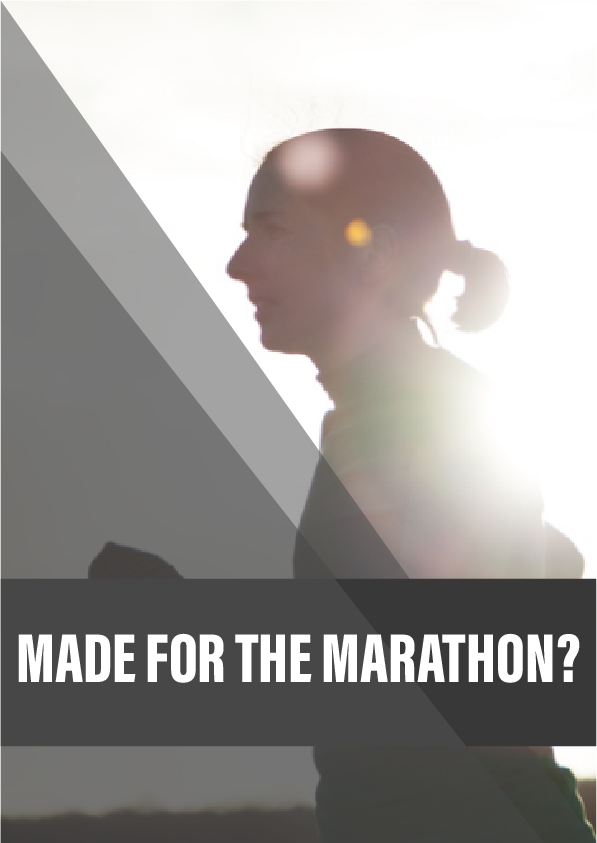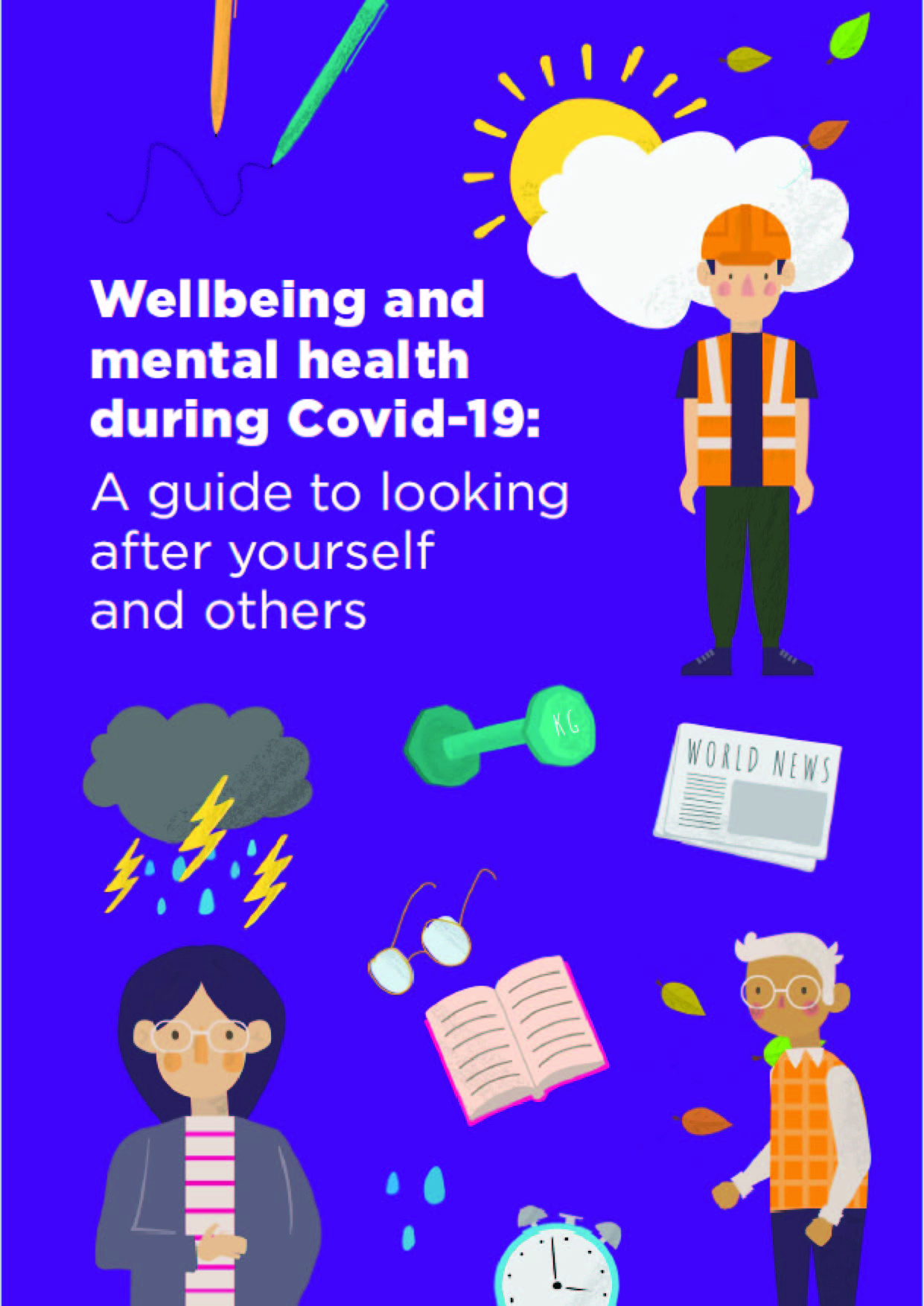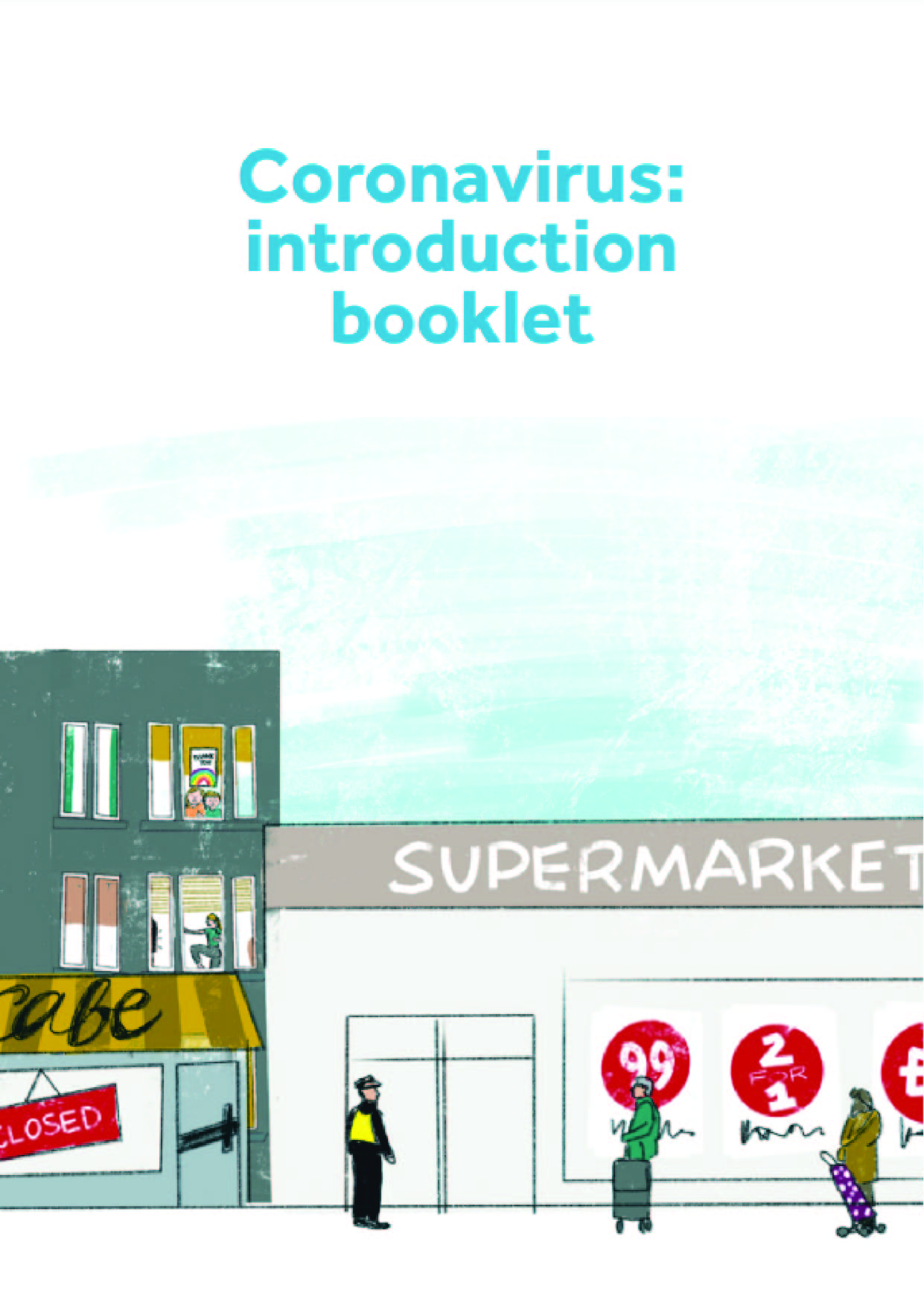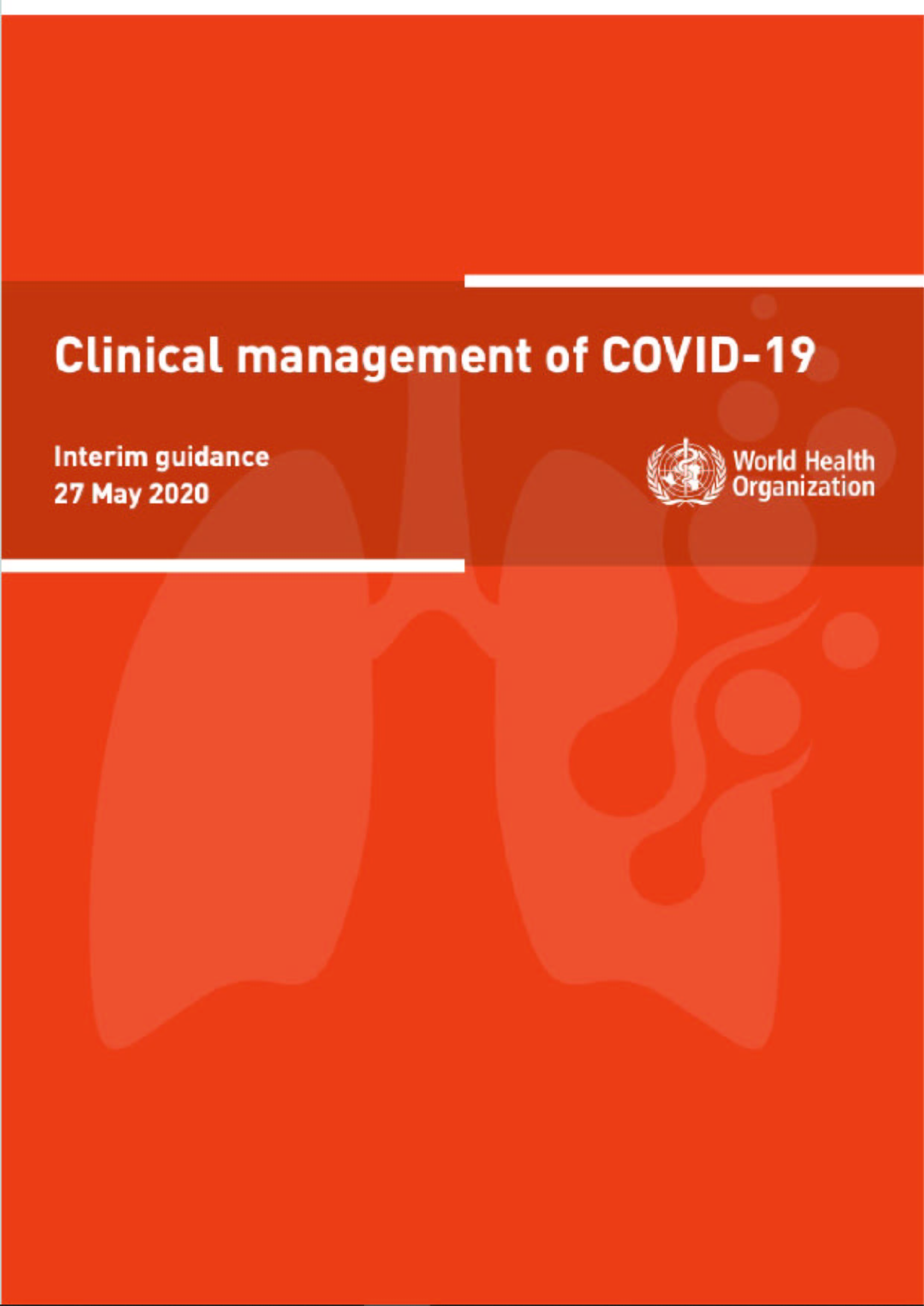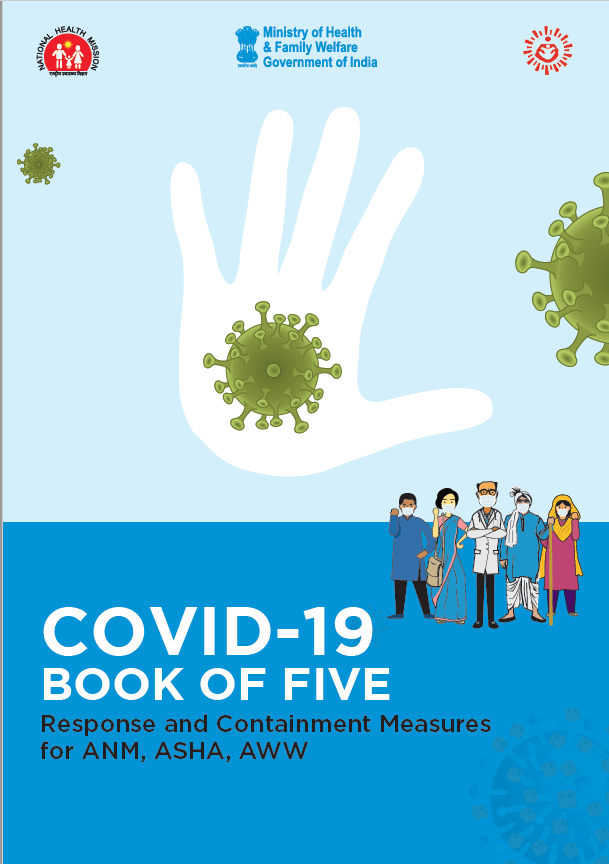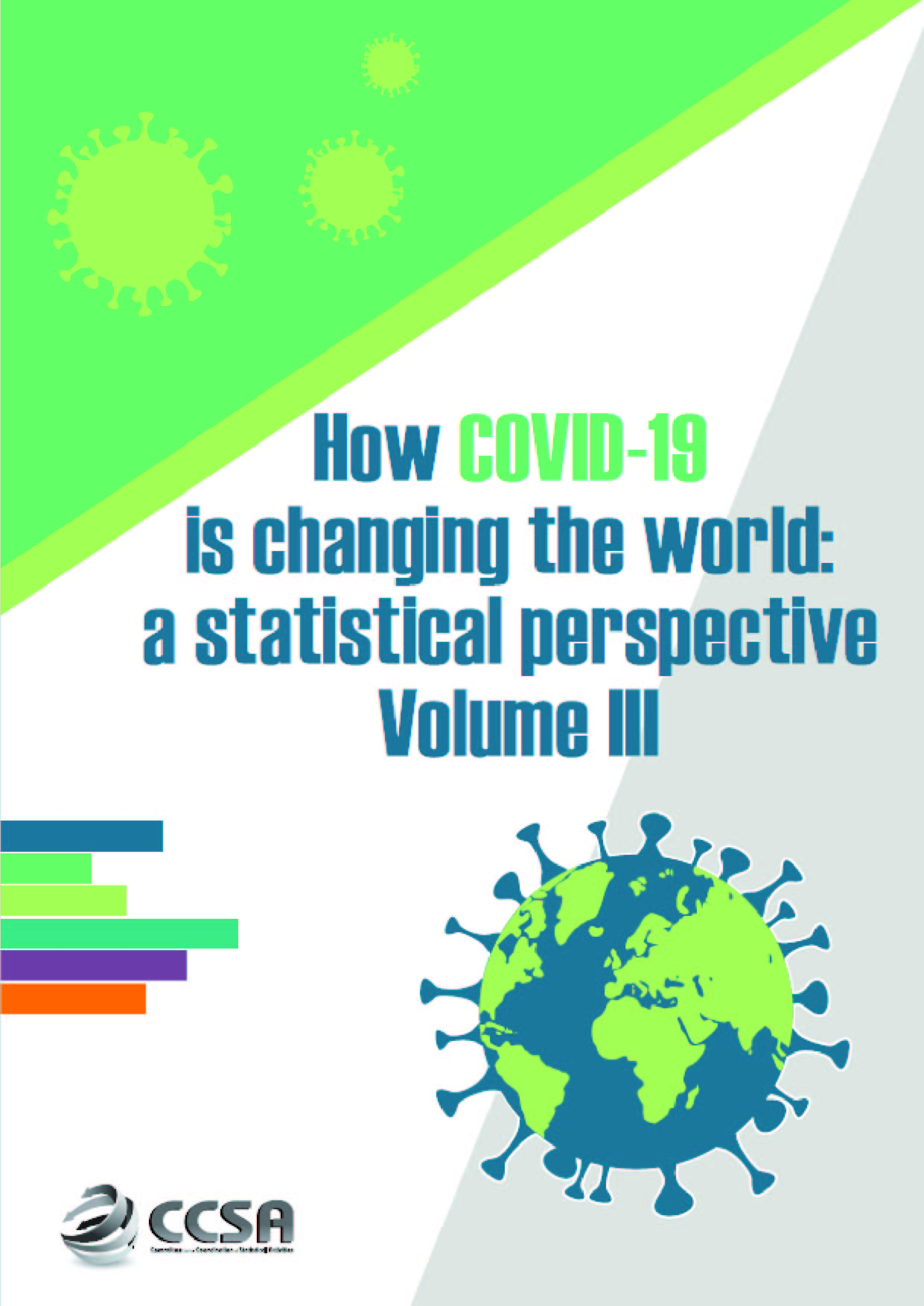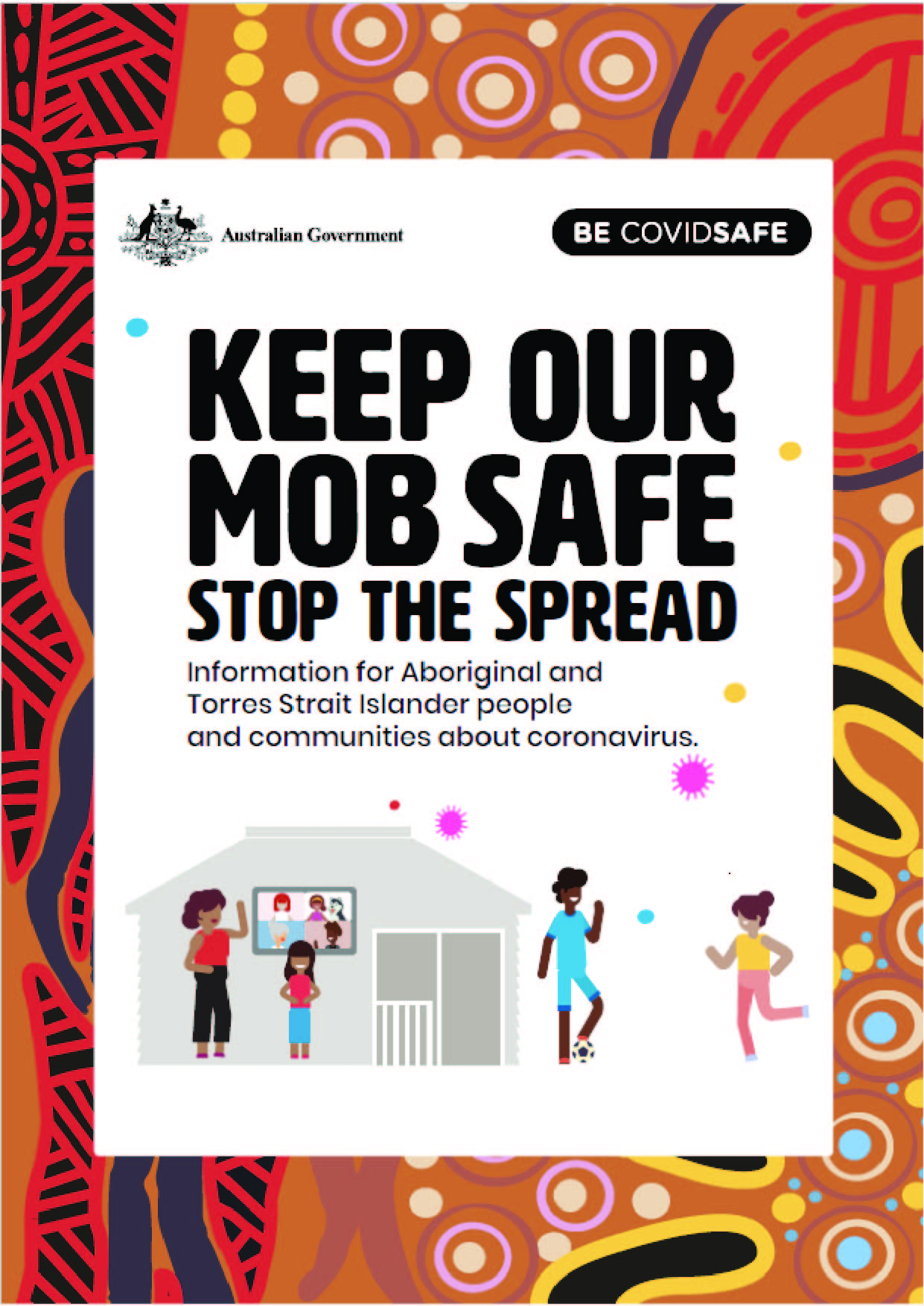Hayley Birch tackles the marathon with the power of science – but will she beat her target time?
We moved into our flat over a year ago. Not a single picture has been hung. We haven’t painted or wallpapered and it took us 13 months to put up a shelf. Redundant audio formats sit, blanketed by dust, in the same box they arrived in. I know it’s supposed to be a joint effort but, really, it’s mostly my fault. When I signed up for my first marathon, I didn’t anticipate the impact that three-hour runs would have on my weekends or pretentions to homemaking. By the time I signed up for my second marathon six months later, I was of the view that weekends were reserved for running and to hell with picture hooks.
Now, don’t get me wrong, I go to great lengths to avoid DIY. But as the door clicks softly behind me in the darkness, my body braced to meet the biting cold, I’m not convinced that this is procrastination. Aged 16, I made a £1,000 bet with my dad that I’d run a marathon one day. Aged 30, stumbling over frozen mud tracks, my focus narrow in the dim light of my head lamp, I realise that excuse has long expired. Perhaps marathon number two is all about my goal time? I don’t know. After everything, my target of 3 hours 45 minutes seems less important than it once did.
By the time you read this, I’ll be recovering from the Brighton Marathon. What I’ve learned is that running a marathon isn’t about running a marathon. I mean, it is and it isn’t. I’ll explain what I mean later. But I began by asking what it takes to run 26.2 miles – are hard work and determination enough, or is there something else? Something you’re born with?
Reference:
- Adharanand Finn’s experiences in Iten, Kenya, described in Running with the Kenyans, make for a fascinating exploration of the cultural factors that contribute to the Kenyans’ success.
- How does your running style affect your speed and your risk of injury? No one study on this subject provides all the answers but this 2011 paper addresses the link between running style and finishing time in a marathon.
- In What I Talk About When I Talk About Running, Haruki Murakami gives his personal take on running and its influence on his life and work.
- A study on motivation that asks what drives runners to endure pain and personal sacrifice to achieve their marathon-running goals.
- In Jamie Timmons’s work with gene chips, he identifies genetic profiles – not just single genes – that can help identify people who respond well to endurance training.
- According to sports scientist Ross Tucker and his colleagues, few would dispute that important aspects of sporting success, such as biomechanics and metabolism, have at least some genetic basis. But actually pinning down the genes responsible isn’t that straightforward.
- Hayley’s blog posts on running
- Good Run Guide’s age-grading calculator
- Brighton Marathon
- Run England
- Read the Storify of our Twitter chat on why people run
